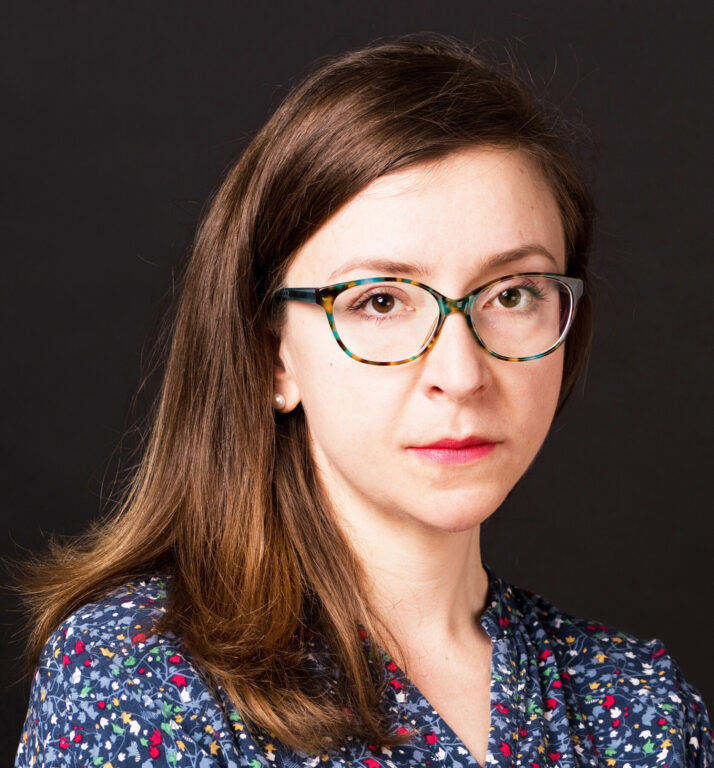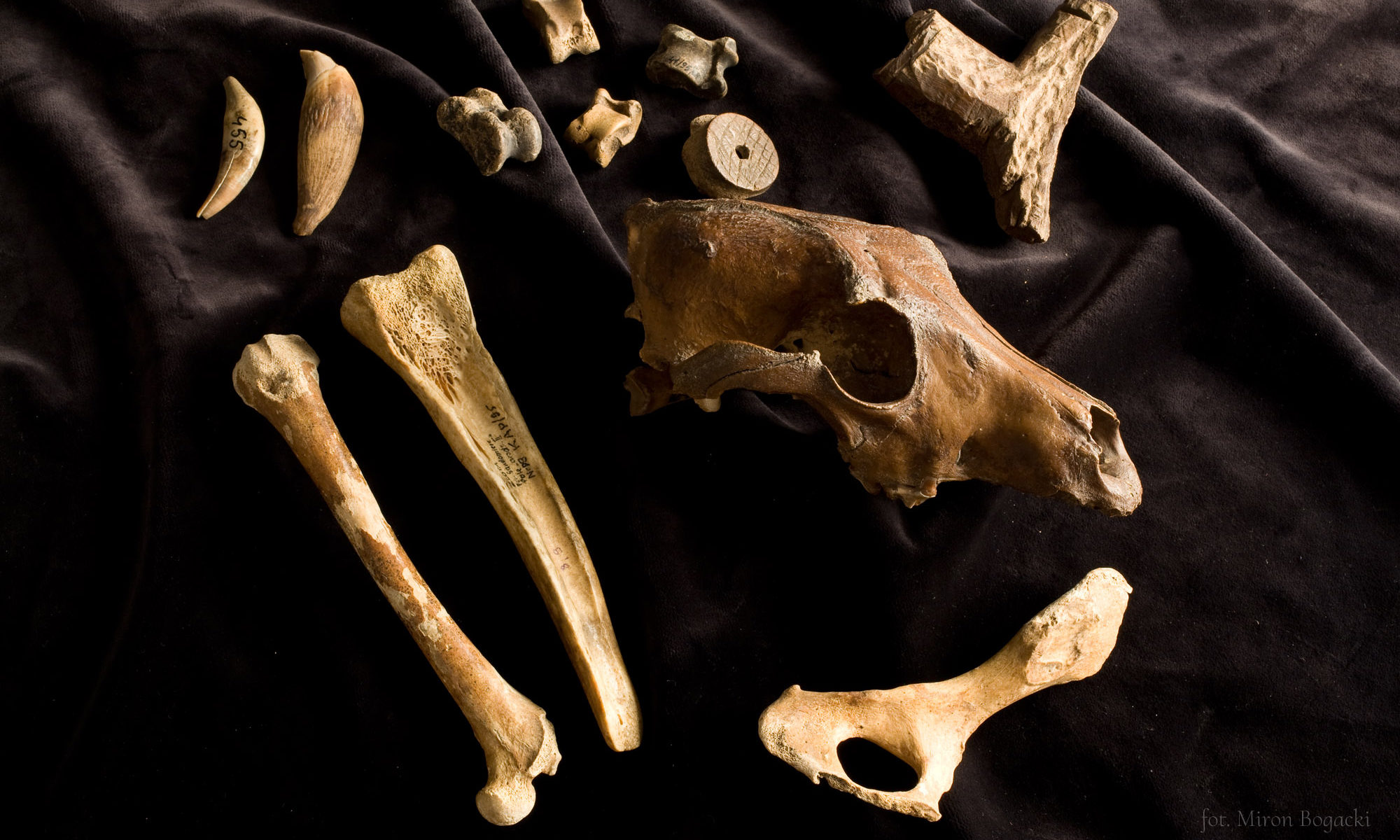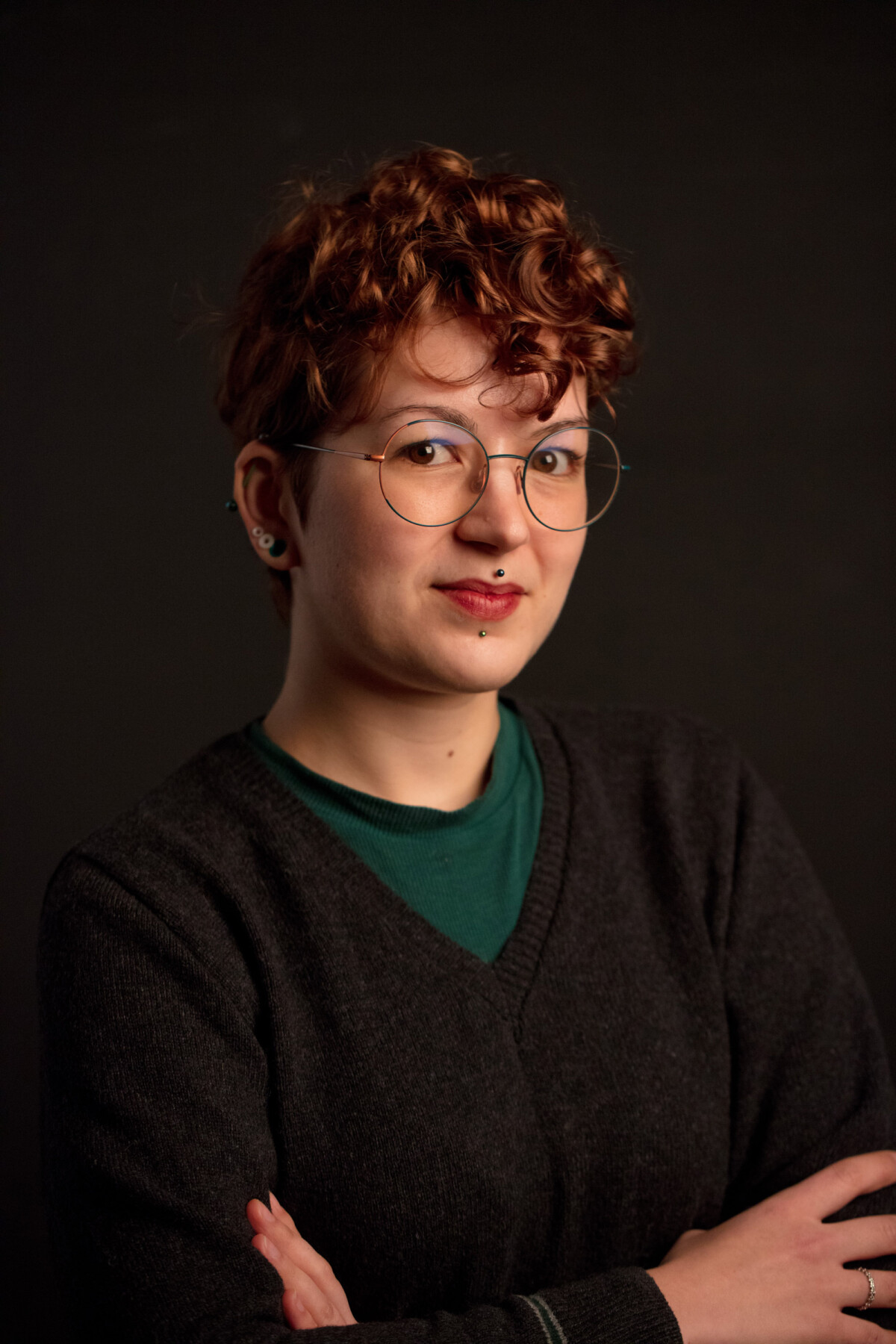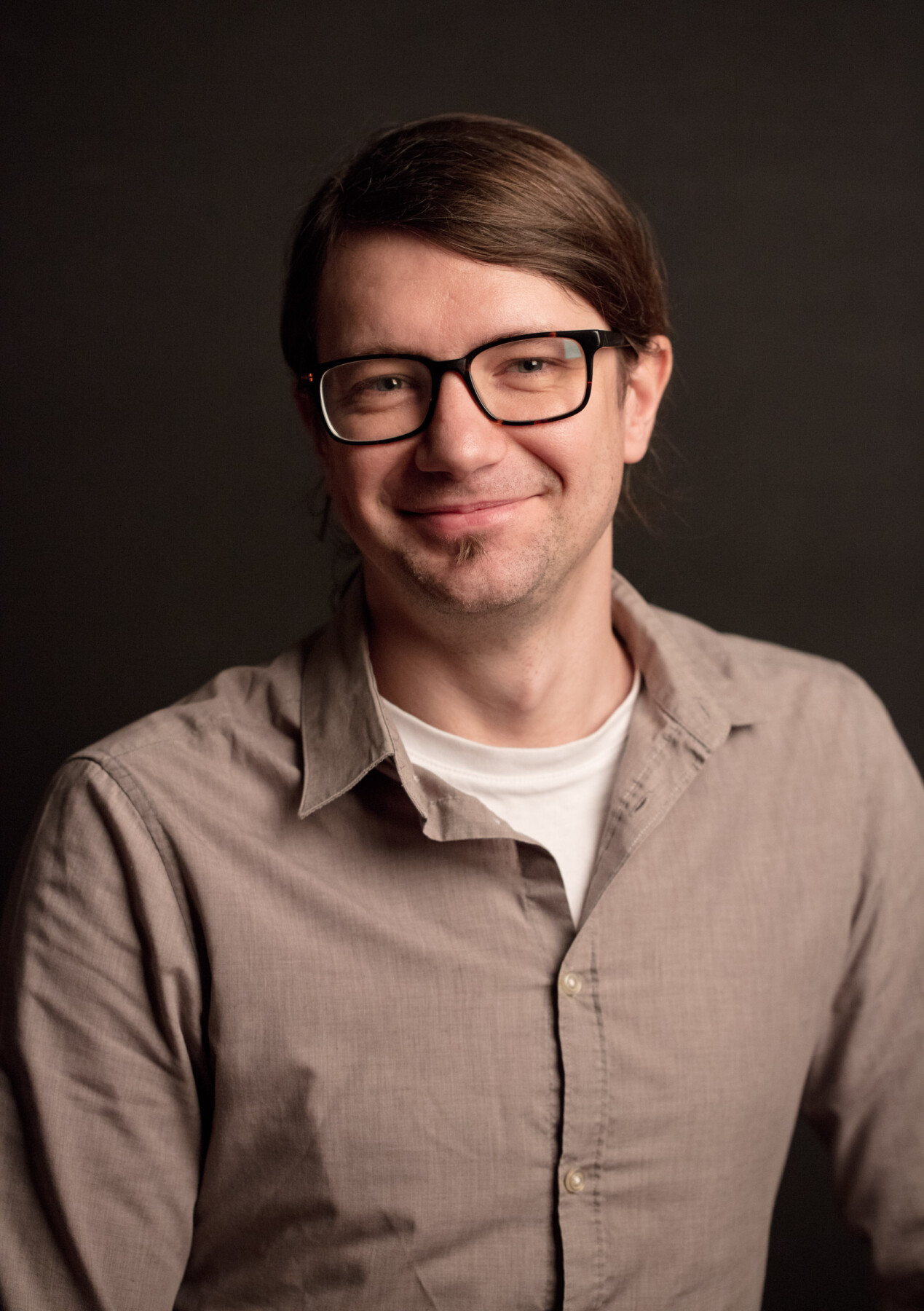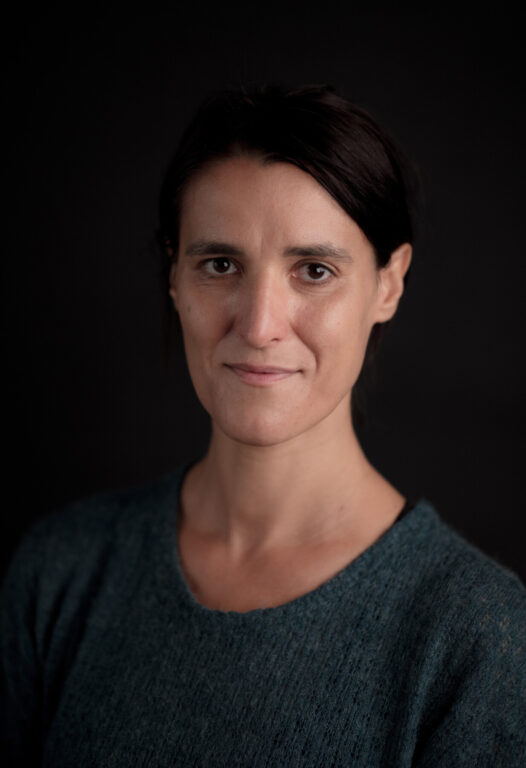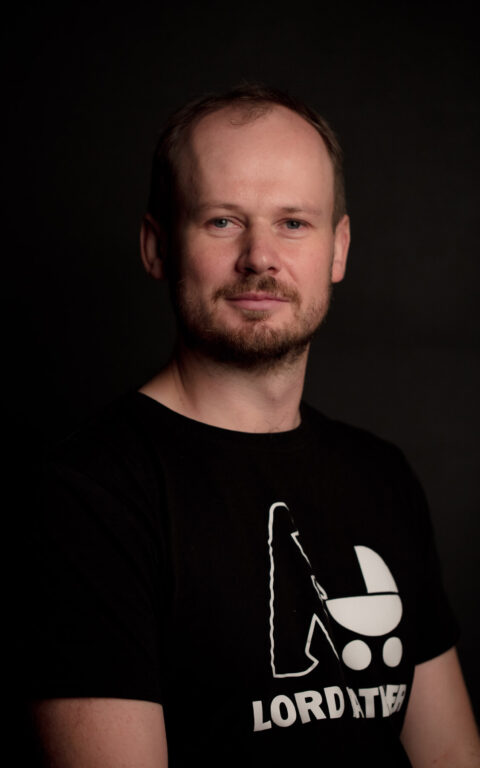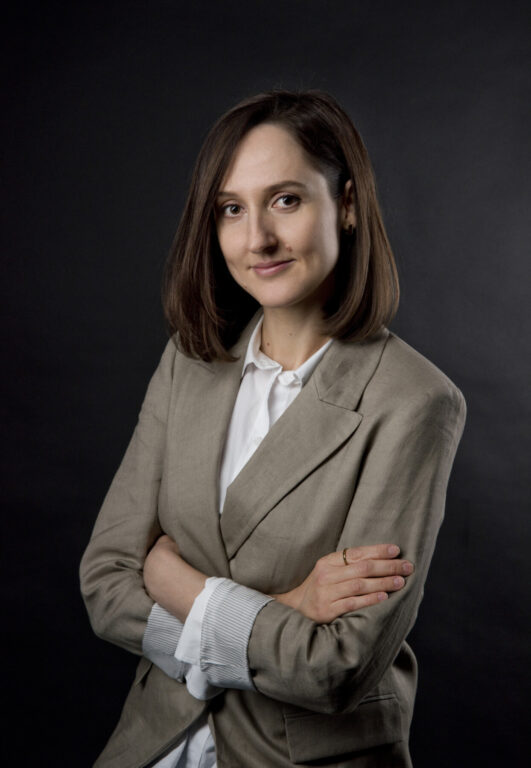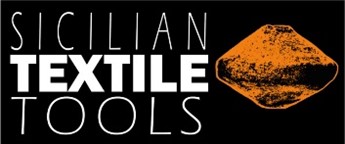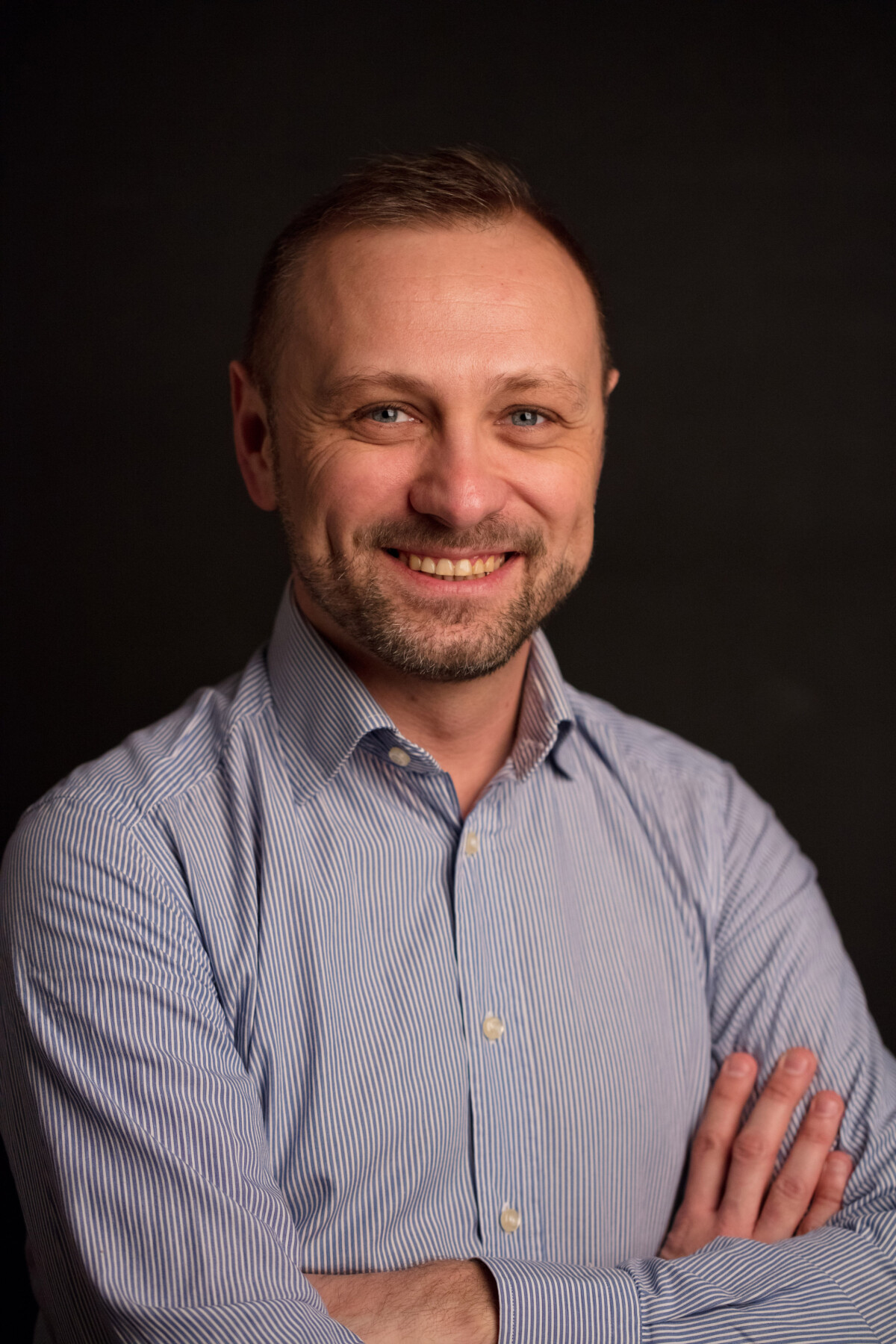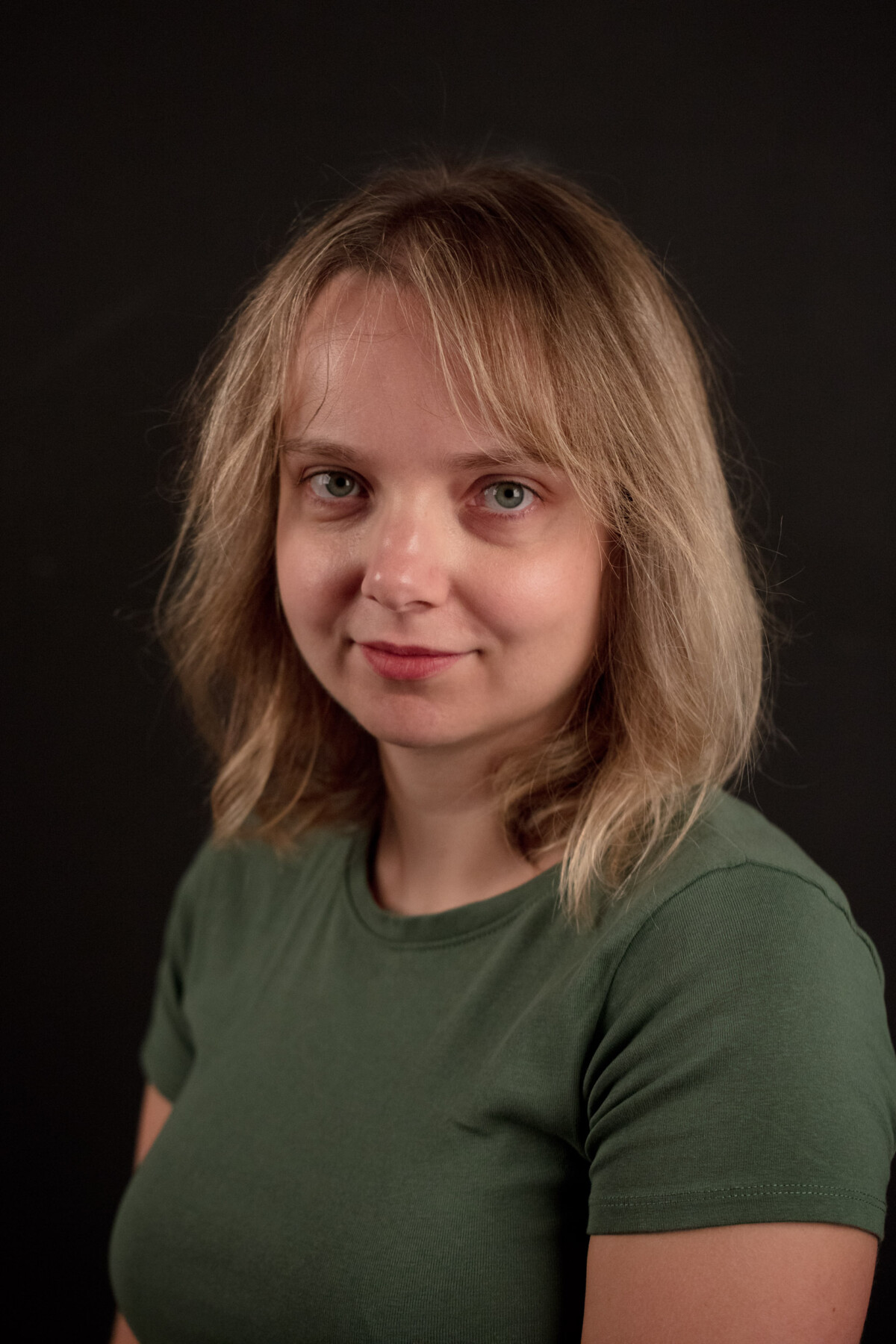
Dr. Natalia Gryczewska
Stone Age Department
e-mail:
n.gryczewska@uw.edu.pl
phone number:
+48 22 55 22 842
duty hours:
Wednesday 1.15 p.m.–2.45 p.m., room 2.15
Thursday 1.15 p.m.–2.45 p.m., room 2.15
research interests:
– palaeolithic archaeology
– human evolution
– cave archaeology
– biomarker analyses in cave sediments
bibliography:
Kot, M., Gryczewska, N., Berto, C., Wojenka, M., Szeliga, M., Jaskulska, E., Fetner, R., Krajcarz, M., Wertz, K., Zarzecka-Szubińska, K., Krajcarz, M.T., Moskal-del Hoyo, M., Jakubczak, M. (2019). Thirteen cave sites: Settlement patterns in Sąspów Valley, Polish Jura. Antiquity, 93(371), E30. doi:10.15184/aqy.2019.155
Gryczewska, N. (2019), Pierwsi Homo sapiens na Dalekim Wschodzie- zarys problematyki. Studia i Materiały Archeologiczne 16, 52-72.
Gryczewska, N., Kot, M., Wojenka, M., (2019). Napisy na ścianach jaskini Złodziejskiej w Ojcowie. Przyczynek do studiów nad historią ruchu turystycznego w okolicach Ojcowa. Prądnik. Prace i Materiały Muzeum im. Prof. Wł. Szafera 29, 117-134.
Gryczewska, N., Kot, M., Szymczak, K., (2020) Dziurawiec Malesowy- zapomniane stanowisko z Doliny Sąspowskiej. Prądnik. Prace i Materiały Muzeum im. Prof. Wł. Szafera. 30, 291-298.
Kot M., Wojenka M, Czajka G., Kontny B., Gryczewska N. (2020) Post-Neolithic human occupation in Tunel Wielki Cave (southern Poland). Folia Quaternaria 88, 17-39. DOI 10.4467/21995923FQ.20.002.13191
Wojenka M., Jaskulska E., Popovic D., Baca M., Frog, Fetner R., Wertz K., Rataj K., Gryczewska N., Kosiński T., Kot M., (2021) The girl with finches: a unique post-medieval burial in Tunel Wielki Cave, southern Poland. Prähistorische Zeitschrift. https://doi.org/10.1515/pz-2021-0008
Kot M., Gryczewska N. 2021 Found in a box: unknown bifacial leafpoint from the Koziarnia cave. The Študijné zvesti AÚ SAV Journal. FOSSIL DIRECTEUR Multiple Perspectives of Lithic Studies in Central and Eastern Europe, Supplementum 2, Študijné zvesti Archeologického ústavu SAV – Supplementum 2, 19 – 30; doi: 10.31577/szausav.2021.suppl.2.2
Kot M., Krajcarz M.T., Moskal-del Hoyo M., Gryczewska N., Wojenka M., Pyżewicz K., Sinet-Mathiot V., Diakowski M., Fedorowicz S., Gąsiorowski M., Marciszak A., Mackiewicz P., Lipecki G. 2021 Chronostratigraphy of Jerzmanowician. New data from Koziarnia Cave, Poland. Journal of Archaeological Science: Reports 38, 103014 https://doi.org/10.1016/j.jasrep.2021.103014
Kot M., Gryczewska N., Biard M. 2021 When the leafpoints are missing: On possibilities of Jerzmanowician assemblages identification based on the small debitage alone. Lithic Technology 46(2): 119-129. https://doi.org/10.1080/01977261.2021.1880735
Kot M., Gryczewska N., Szymanek M., Moskal del-Hoyo M., Szeliga M., Berto C., Wojenka M., Krajcarz M., Krajcarz M.T. Wertz K., Fedorowicz S., Jaskulska E., Pilcicka-Ciura H. 2022 Bramka Rockshelter: An Early Mesolithic cave site in Polish Jura. Quaternary International 610, 44-64. https://doi.org/10.1016/j.quaint.2021.08.015
Gryczewska N., Szeliga M., Wojenka M., Szymczak K. , Kot M. (2021) Jeszcze raz o badaniach archeologicznych w Dziurawcu Malesowym. Prądnik. Prace i Materiały Muzeum im. Prof. Wł. Szafera 31, 65-70.
Jakubczak M., Budziszewski J., Leloch M., Gryczewska N., Szeliga M., Kot M. (2022). Mining field “Dąbrówka-I”. Neolithic Jurassic flint mine with vestigially preserved mine relief: Neolithic Jurassic flint mine with vestigially preserved mine relief. Sprawozdania Archeologiczne, 74(1), 345–372. https://doi.org/10.23858/SA/74.2022.1.2866
Kot M., Berto C., Krajcarz M.T., Moskal-del Hoyo M., Gryczewska N., Szymanek M., Marciszak A., Stefaniak K., Zarzecka-Szubińska K., Lipecki G., Wertz K., Madeyska T. (2022) Frontiers of the Lower Palaeolithic expansion in Europe: Tunel Wielki Cave (Poland), Scientific Reports 12, 16355. 10.1038/s41598-022-20582-0
Gryczewska N., Kot M., Berto C., Brancaleoni G., Krajcarz M. T., Cyrek K., Sudoł-Procyk M., Wojenka M., Wilczyński J., Chmielewska M., Sulwiński M., Suska-Malawska M. (2023). Tracing ephemeral human occupation through archaeological, palaeoenvironmental and molecular proxies at Łabajowa Cave. Antiquity, 97(396), e31. doi:10.15184/aqy.2023.147
Kot M., Tyszkiewicz J., Gryczewska N. (2024) Can we read stones? Quantifying the information loss in flintknapping, Journal of Archaeological Science, DOI: 10.1016/j.jas.2023.105905
Kot M.,Kogai S., Pavlenok G., Gryczewska N., Brancaleoni G., Krajcarz M.T., Moska P., et al. “New Data for Asymmetric Core Reduction in Western Tian Shan Piedmonts: The Ertash Sai 2 Open-Air Site.” Lithic Technology, (2024), 1–22. doi:10.1080/01977261.2024.2319429.
Researchgate.net
